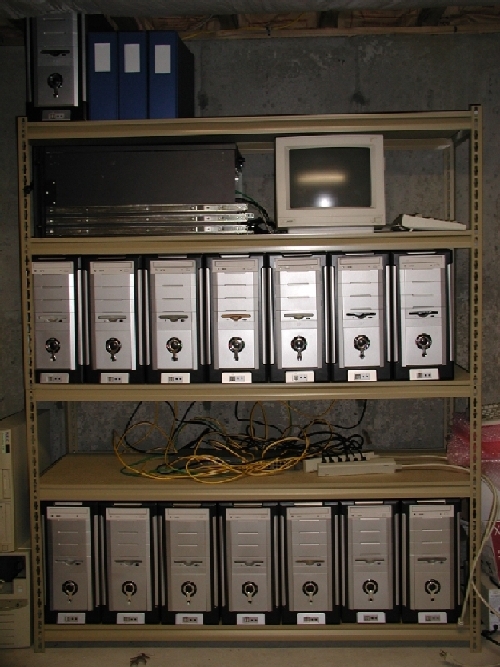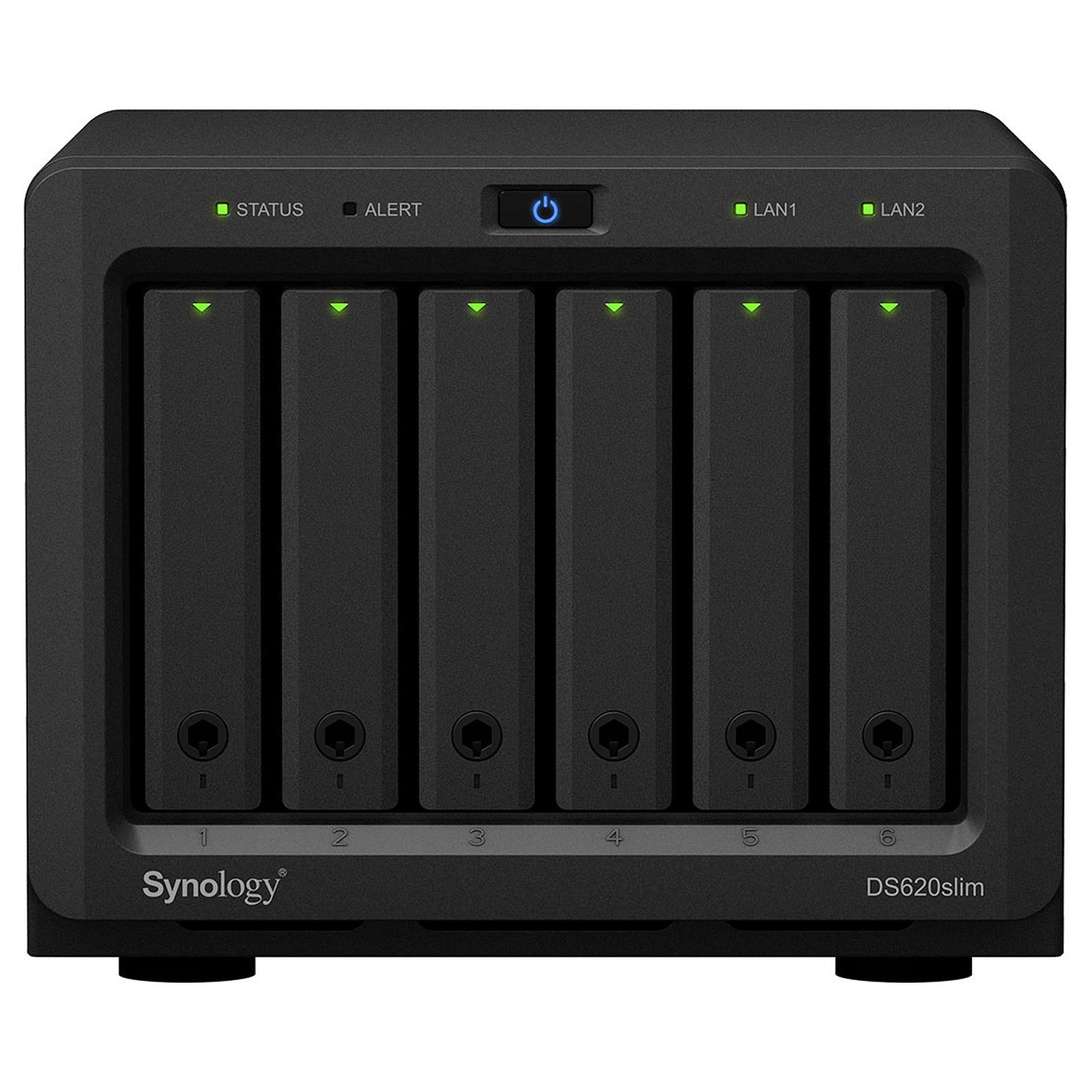Open Source Distributed SQL
Is there an open source SQL database specifically designed or optimized for scaling on clusters built from commodity hardware?
Why yes! There are. :)
Here are a handful of open source SQL-compliant distributed database systems. This list is not exhaustive, I suggest looking into each to compare the feature sets.
CockroachDB
https://github.com/cockroachdb/cockroach
CockroachDB is a distributed SQL database built on a transactional and strongly-consistent key-value store. It scales horizontally; survives disk, machine, rack, and even datacenter failures with minimal latency disruption and no manual intervention; supports strongly-consistent ACID transactions; and provides a familiar SQL API for structuring, manipulating, and querying data.
- Open Source, Business Source License, CockroachDB Community License, MIT
- Uses the PostgreSQL wire protocol.
- This means you can use Npgsql with EF Core
- Allows for globally distributed, multi-site, multi-master topologies (www.cockroachlabs.com/docs/v21.2/topology-patterns.html)
- Commercial support available
- Cloud support available
PostgreSQL pglogical 2 extension
https://github.com/2ndQuadrant/pglogical
The pglogical 2 extension provides logical streaming replication for PostgreSQL, using a publish/subscribe model. It is based on technology developed as part of the BDR project (2ndquadrant.com/BDR).
- Open Source, PostgreSQL License (similar to BSD or MIT)
- Native PostgreSQL Extension, works anywhere you can install extensions (e.g. Cloud DBaaS services)
- You can use Npgsql with EF Core
- Supports bidirectional replication
- Limited to single-database-at-atime configurations (meaning, it can't replicate all databases on a host)
- Commercial support available (via 2ndQuadrant / enterprisedb.com)
- Cloud support available
Galera Cluster
https://github.com/codership/galera
Galera Cluster for MySQL is a true Multi-Master Cluster based on synchronous replication. It’s an easy-to-use, high-availability solution, which provides high system up-time, no data loss and scalability for future growth.
- Open Source, GPL2
- MySQL and MariaDB Compatibility
- Use github.com/PomeloFoundation/Pomelo.EntityFrameworkCore.MySql with EF Core
- Generic Replication layer via the
Write Set Replication API (github.com/codership/wsrep-API)
- Commercial Support available via galeracluster.com
- Comparable to Amazon Aurora and Google Cloud Spanner
YugabyteDB
https://github.com/yugabyte/yugabyte-db
YugabyteDB is a high-performance, cloud-native distributed SQL database that aims to support all PostgreSQL features. It is best to fit for cloud-native OLTP (i.e. real-time, business-critical) applications that need absolute data correctness and require at least one of the following: scalability, high tolerance to failures, or globally-distributed deployments.
- Open Source, Apache 2.0
- PostgreSQL compatible with custom extensions
- Horizontally Scalable
- Allows for globally distributed, multi-site, multi-master topologies (docs.yugabyte.com/latest/deploy/multi-dc/3dc-deployment/)
- Comparable to Amazon Aurora and Google Cloud Spanner
CovenantSQL
https://github.com/CovenantSQL/CovenantSQL
CovenantSQL(CQL) is a decentralized, GDPR-compliant, trusted, SQL database with blockchain features:
- ServerLess: Free, High Available, Auto Sync Database Service for Serverless App
- GDPR-compliant: Zero pain to be GDPR-compliant.
- SQL: Most SQL-92 support.
- Decentralize: Running on Open Internet without Central Coordination.
- Privacy: Access with Granted Permission and Encryption Pass.
- Immutable: Query History in CQL is Immutable and Trackable.
- Permission: Column Level ACL and SQL Pattern Whitelist.
- Open Source, Apache 2.0
- SQLite Based
- Distributed by default
- Immutable ledger
- No commercial support currently available
Jepsen Tests
Distributed Database Correctness Analysis testing!
I highly recommend taking at look at jepsen.io/analyses. They have tested and verified (or debunked!) the claims most of these distributed database systems - and more.
From jepsen.io/analyses:
Since 2013, Jepsen has analyzed over two dozen databases, coordination services, and queues—and we’ve found replica divergence, data loss, stale reads, read skew, lock conflicts, and much more.


